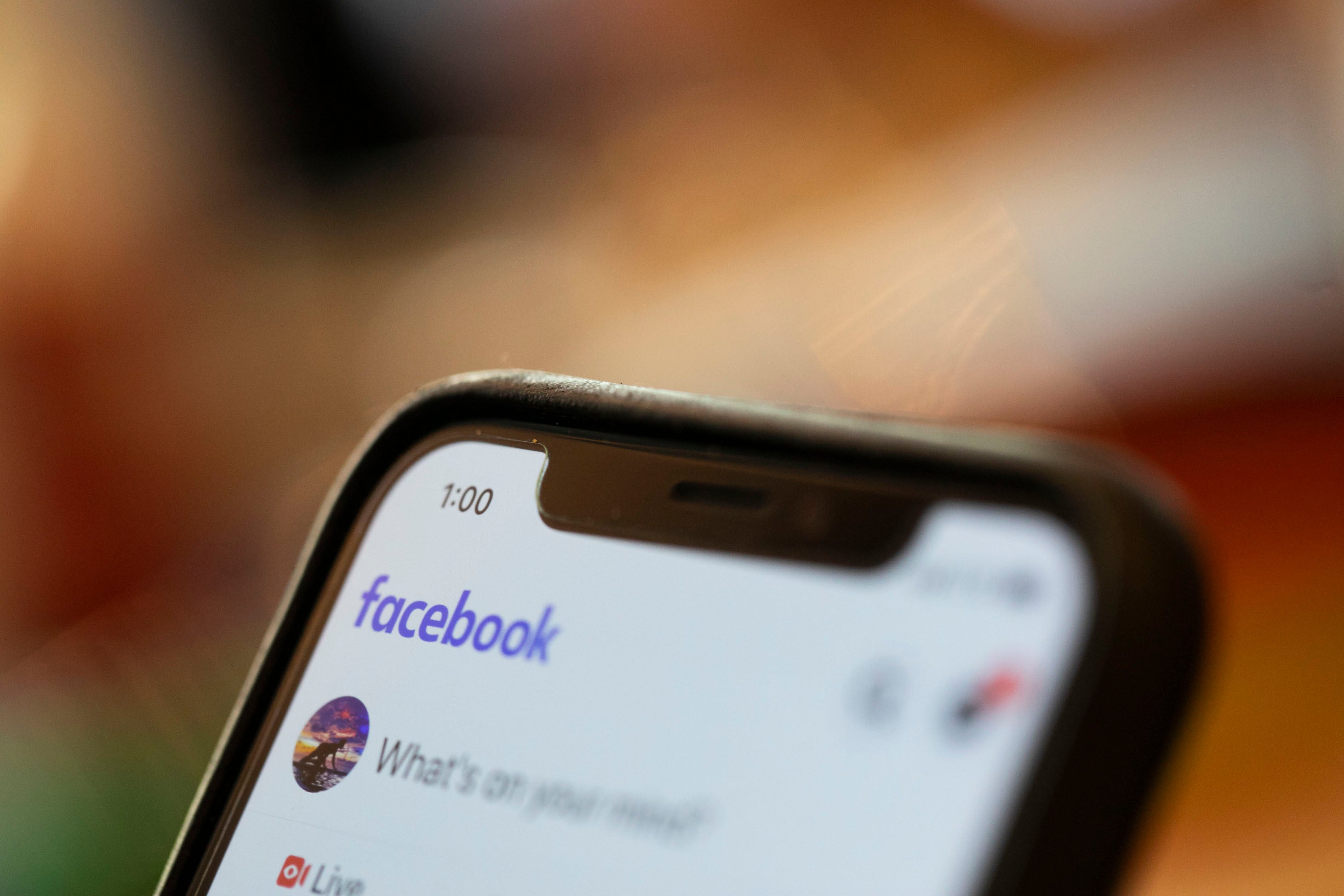Facebook finds Chinese hacking operation targeting Uyghurs
Facebook says hackers in China used fake accounts and impostor websites in a bid to break into the phones of Uyghur Muslims

Your support helps us to tell the story
From reproductive rights to climate change to Big Tech, The Independent is on the ground when the story is developing. Whether it's investigating the financials of Elon Musk's pro-Trump PAC or producing our latest documentary, 'The A Word', which shines a light on the American women fighting for reproductive rights, we know how important it is to parse out the facts from the messaging.
At such a critical moment in US history, we need reporters on the ground. Your donation allows us to keep sending journalists to speak to both sides of the story.
The Independent is trusted by Americans across the entire political spectrum. And unlike many other quality news outlets, we choose not to lock Americans out of our reporting and analysis with paywalls. We believe quality journalism should be available to everyone, paid for by those who can afford it.
Your support makes all the difference.Hackers in China used fake Facebook accounts and impostor websites to try to break into the computers and smartphones of Uyghur Muslims the social network said Wednesday.
The company said the sophisticated, covert operation targeted Uyghur activists, journalists and dissidents from China’s Xinjiang region, as well as individuals living in Turkey, Kazakhstan, the U.S., Syria, Australia, Canada and other nations.
The hackers attempted to gain access to the computers and phones by creating fake Facebook accounts for supposed journalists and activists, as well as fake websites and apps intended to appeal to a Uyghur audience. In some cases, the hackers created lookalike websites almost identical to legitimate news sites popular with Uyghurs.
The accounts and sites contained malicious links. If the target clicked on one, their computer or smartphone would be infected with software allowing the network to spy on the target’s device.
The software could obtain information including the victim's location, keystrokes and contacts, according to FireEye a cybersecurity firm that worked on the investigation.
In all, fewer than 500 people were targeted by the hackers in 2019 and 2020, Facebook said. The company said it uncovered the network during its routine security work, and has deactivated the fictitious accounts and notified individuals whose devices may have been compromised. Most of the hackers’ activities took place on non-Facebook sites and platforms.
“They tried to create these personas, build trust in the community, and use that as a way to trick people into clicking on these links to expose their devices,” said Nathaniel Gleicher, Facebook’s head of security policy.
Facebook’s investigation found links between the hackers and two technology firms based in China but no direct links to the Chinese government, which has been criticized for its harsh treatment of Uyghurs in Xinjiang. FireEye, however, said in a statement that “we believe this operation was conducted in support” of the Chinese government.
China has imprisoned more than 1 million people, including Uyghurs and other mostly Muslim ethnic groups, in a vast network of concentration camps, according to U.S. officials and human rights groups. People have been subjected to torture, sterilization and political indoctrination, in addition to forced labor, as part of an assimilation campaign in a region whose inhabitants are ethnically and culturally distinct from the Han Chinese majority.